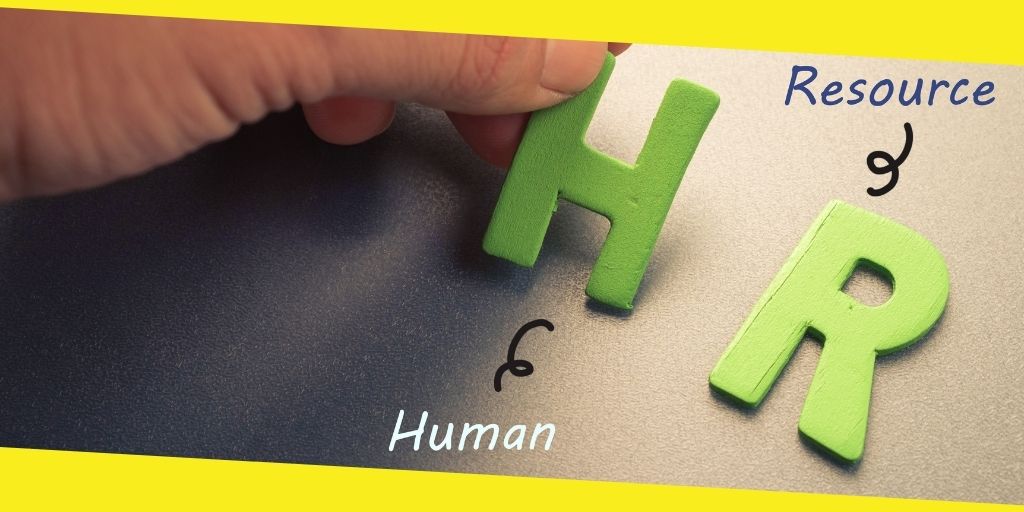How Can HR Systems Allow Employers to Manage and Monitor Staff Performance Levels?
This post was last updated on March 20th, 2024

The HR system is a programme your business could benefit from in ways that are cost-effective to the point that they justify the expense. It’s a computer-based programme that tracks an organization’s employee performance reviews, work schedules, paid days off, benefits and payroll.
Additionally, the HR system may be of great benefit to your company or organisation if you use spreadsheets, sticky notes, and paper documents to organize employee information and communicate schedules.
Some workplaces still manage key functions of HR systems using messy and disconnected systems with manual and electronic counterparts while many companies have gotten on board with current HR systems.
As the number of employees increases in a company, managing its HR system gets more and more complicated as the business also grows. So, whether it’s a small business or a multinational company, nearly all organizations benefit from having a tailored HR system, and this article below explains what some of some those key benefits are.
Contents
ToggleBenefits of HR Systems
Human resources management systems could be worth spending some time and money to switch to a streamlined system because if your processes are still done manually via a mix of manual and electronic systems, performing a complete overhaul of existing HR systems can be a good move. As you’ll also save labour hours when you shift to a system that connects all main HR system functions and makes them accessible from a place.
So, you can still benefit from the distinctive features listed below if you currently have good systems.
1. Tracking Payroll Expenses
Information provided by the human resources management system can guide your hiring decisions and staffing assignments. It can not only assist you in planning payroll for special projects, initiatives and expansions but can also give you reports on your payroll expense.
If care is not taken or you fail to monitor what you pay in wages and salaries on a single project, you could gradually move from profit to loss with time. As payroll is one of the largest expenses in operating a business, which mustn’t be taken for granted too.
2. Provision of the Self-Service Portal
An HR system can be instrumental for avoidance and correction of many different types of scheduling issues and conflicts if scheduled features are included as part of self-service. This can also boost feelings of engagement and empowerment when employees are allowed to access and have some degree of control over their information. Also, while reducing the likelihood of errors or communication gaps in saving HR system professionals time, self-service portals streamline communication and approval processes.
3. Internal Recruitment
A report from the human resources management system could be ordered and shown to you if you have a vacant position which you want to fill. And it can also show you which of your employees have been trained for the position or have the qualifications you need for the new position.
This is because as employees take professional development courses for the complete training that you provided for them, they can easily enter their information into your HR system. So, the staff can enter any certifications, degrees and awards they have received.
4. Maintaining Efficient Data
In some cases, the HRM system does not only make data updates quick for its personnel, it also allows employees to update their information themselves. And that alone could free up your HR system staff for other tasks.
If you have to update your employee’s data manually, that could even be done all time, from contact information to performance goals and certifications. Because modern companies accumulate great amounts of data on each employee.
5. Performance Management
HRM systems can allow managers to obtain a more detailed picture of each employee’s skill gaps and strengths because performance management summarizes the information and shows captured performance information.
Similarly, management could use the information strategically to organise training and provide periodic feedback accordingly as it could be used too for annual reviews and increment of pay.
6. Benefits Management
With the HRM system, the management of the company could reduce the likelihood of non-compliance violations by automating benefits enrollment, which may also save money in penalties and preserve the company’s reputation. While using it will also allow employees to manage their benefits, save valuable labour hours and increase the understanding of their options and benefits.
In conclusion, even though many companies have operated successfully without a human resources management system, and while having it may look like an unnecessary burden, you should certainly know that its usage will hasten and tremendously benefit both the tasks in your company and that of your employees.
Finally, the human resources management system is a complete hire to retire solution for small business enterprises and can be beneficial in streamlining daily HR system activities like reimbursement and payroll, managing employee data, and recruiting and onboarding of the employee.
Recommended For You
Top Reasons You Should Hire Private Investigation Services
Most Inside
Most Inside offers high-quality recommendations and valuable updates to enhance all aspects of your life, providing premium guidance and enriching experiences.




